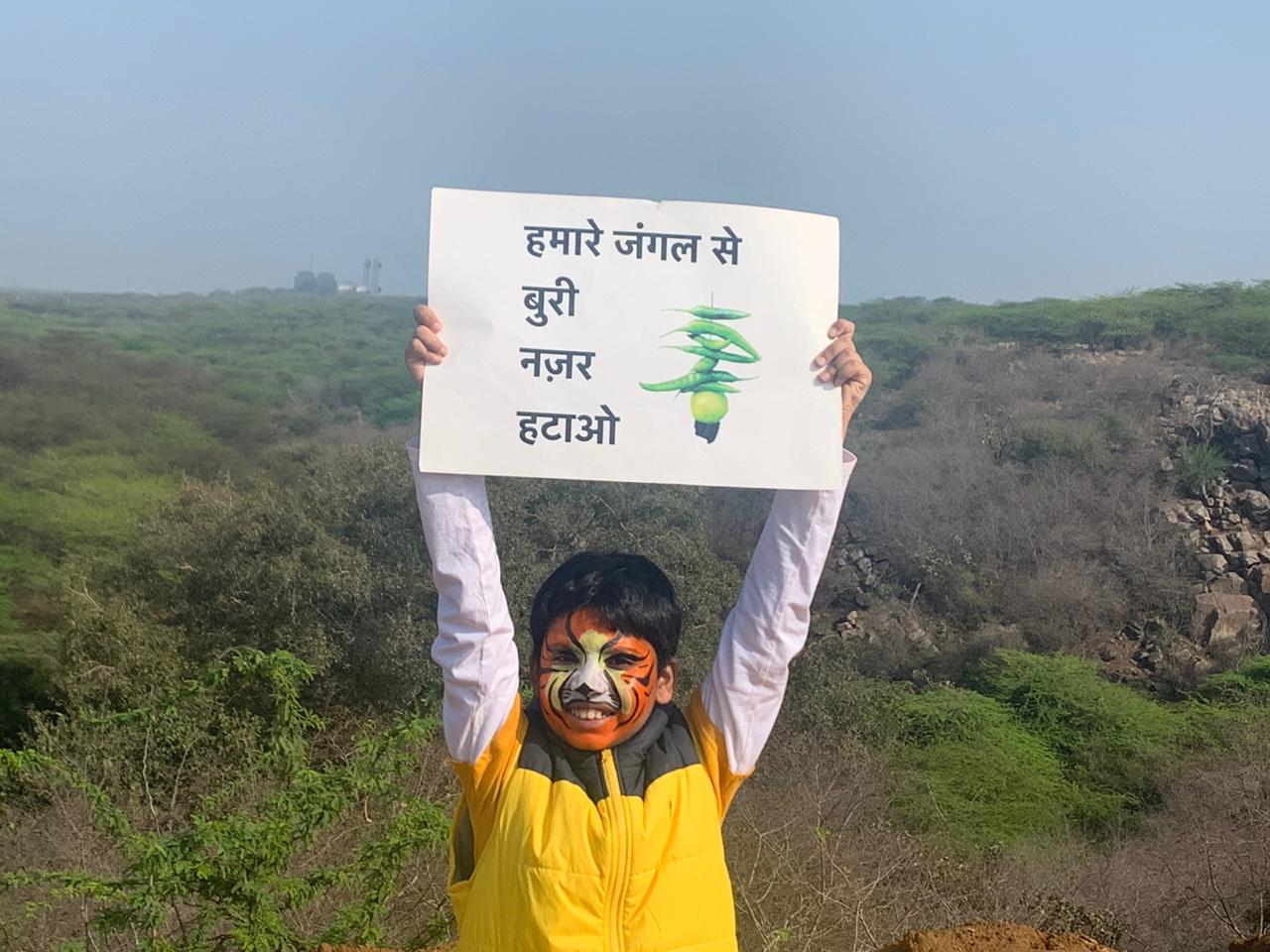Mail India’s Environment Minister and Haryana’s Chief Minister asking them to scrap the zoo safari project in 10,000 acres of NCR Aravallis.
241+
people have already submitted their Inputs. Have you?
Send MailOur Aravallis need to be left alone as home for precious native wildlife and to perform the critical ecological functions for millions of people.
Description:
In April 2022, Haryana’s Chief Minister Mr. Manohar Lal Khattar announced plans for a safari in 10,000 acres in the Aravalli range in Gurugram and Nuh districts of India’s National Capital Region. This project aims to be the largest such project in the world and cover five times the area of the current biggest safari and entertainment park spread over 2000 acres in Sharjah UAE. The term ‘Safari’ gives people the false impression that the proposed Aravalli Safari will be a safari on the lines of what people have experienced in the national parks and wildlife sanctuaries across India like in Corbett, Kanha, Nagarhole etc. Unfortunately, this is far from the truth. The Aravalli Safari project is being conceived and designed as a zoo safari and not a natural jungle safari to see native Aravalli wildlife in their natural habitat. Aravalli Bachao Citizens Movement along with 6 leading conservationists of India that include water conservationist and Magsaysay Award winner Dr Rajendra Singh, conservationist and former member of National Board for Wildlife Prerna Bindra, conservation biologist Neha Sinha and ecologists Dr Ghazala Shahabuddin, Dr Pia Sethi and Meera Chandran, have sent their objections regarding this project to the government and given recommendations. This link has the detailed position paper. https://aravallibachao.wordpress.com/zoo-in-aravallis/ Aravalli Bachao Citizens Movement along with Let India Breathe has launched this email campaign addressed to India’s Environment Minister and Haryana’s Chief Minister and other government authorities asking them to scrap the zoo safari project and suggesting an ecological restoration plan for the 10,000 acres of NCR Aravallis that can be replicated in other areas.




